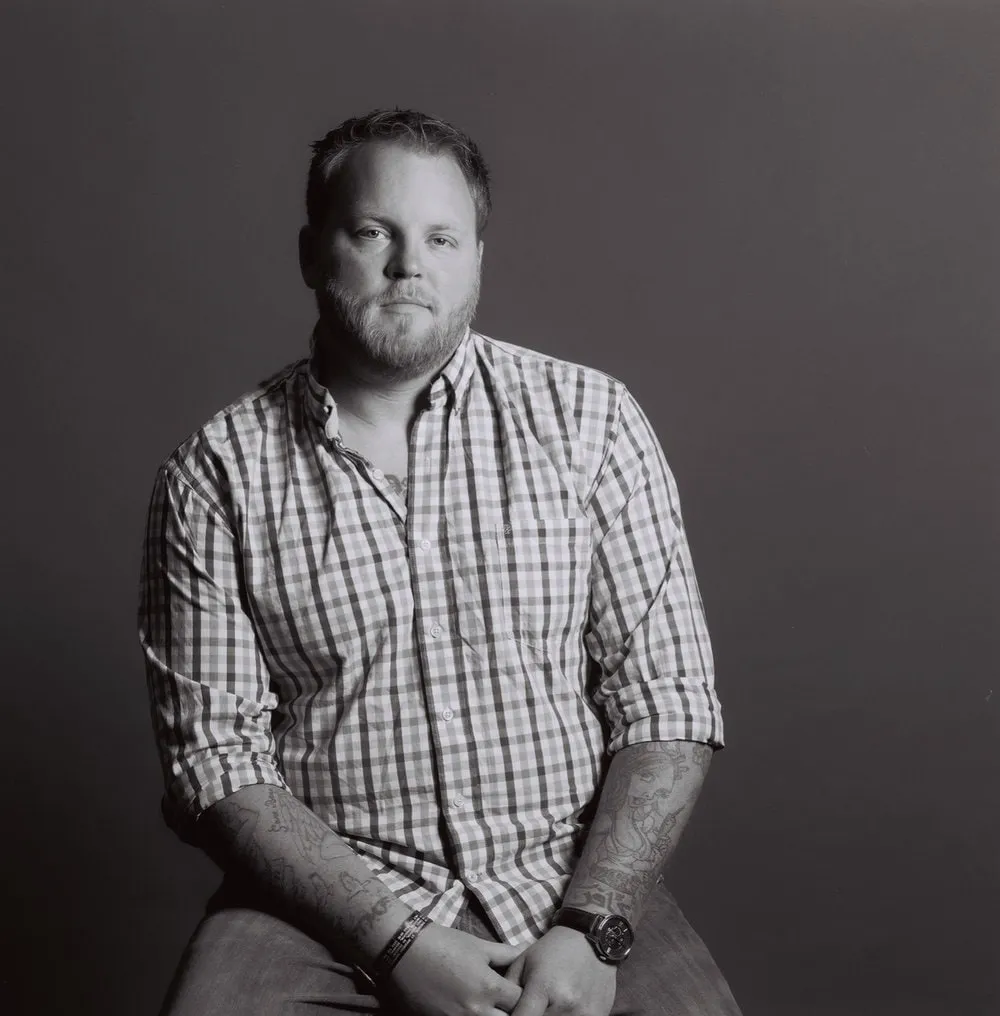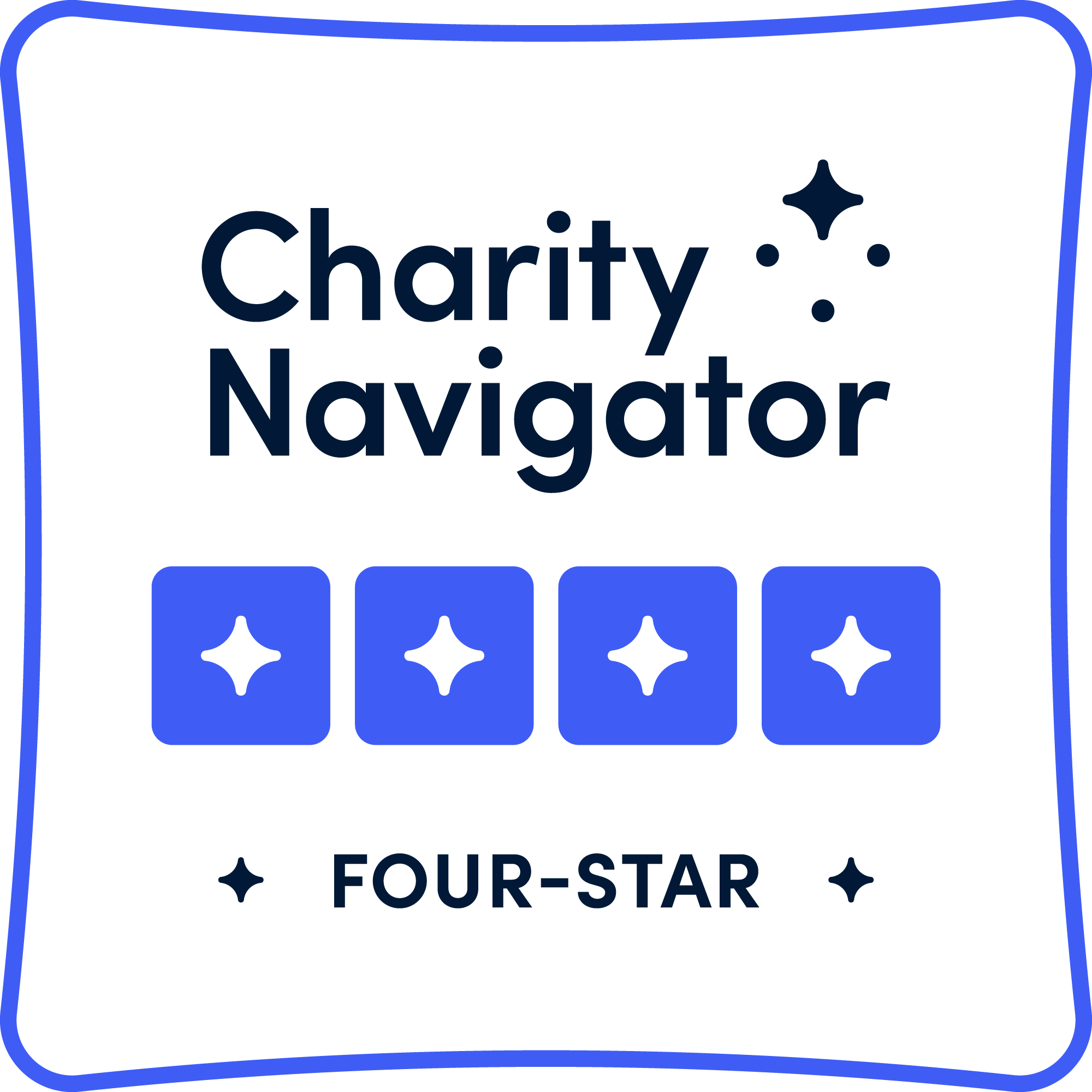From Marine to Reporter: Thomas James Brennan
An Alive Day is the anniversary of the date when a veteran almost lost their lives in combat. In this ongoing series, the Bob Woodruff Foundation will document these Alive Days, the service members who survived combat, and honor the sacrifice of others. If you’re a veteran interested in telling your story, please get in touch.
Alive Day: November 1, 2010, Helmand Province, Southern Afghanistan
A rocket-propelled grenade (RPG) smashed into the position Sgt. Thomas Brennan’s squad just took. Sprinting through smoke and machine-gun fire, Brennan and another Marine reach an injured comrade when another RPG hurtles toward them. Brennan and his two Marines are knocked unconscious. All three are severely concussed but alive.
Leader of Third Platoon, Fourth Squad, Alpha Company, First Battalion, Eighth Marines, Brennan wakes up, stumbling for cover against the wall of a mud compound, and trying to find his bearings.
“I don’t remember a lot of it from that day,” Brennan recalls his Alive Day. “It was Finbarr [O’Reilly’s] photographs he took as the photojournalist embedded with my unit that helped fill in the blanks later.”
The headaches started immediately. After being checked out by medical teams, Brennan was deemed fit for duty, but he didn’t feel like himself.
Immediately, he noticed he was having trouble remembering things that were usually second nature—how to call for medical evacuation or his Marines’ identification numbers—and found himself looking for excuses to stay on base. He used Starbucks’ VIA coffee packs like chewing tobacco because the caffeine subdued the headaches.
“I was finding compensatory strategies,” he says. “I was ignoring things, and some of my duties, which then compounded my mental health issues. Looking back on it, I felt like I had abandoned my guys.”
Can’t Do It Alone
During a stint at home, it wasn’t long before his mental health began to deteriorate seriously. He credits his wife for pulling him back from the brink, and encouraging him to get help.

But asking for help – and receiving it – while on active duty are two different things. After requesting assistance from leadership, he got the clear message that his career with the Marines was over.
“It took me a few days to really grow up and find the strength to ask for help,” Brennan admits. “But I just doubled down on therapy and became a medical warrior. I did what was right for my family and me.”
He was medically retired in 2012. His Alive Day was two years prior, and now his career as a Marine was over.
Exchange a Rifle for a Notebook
His mental health therapist handed him a notebook. Brennan was to write things down on paper. Anything. At the time, he was dealing with aphasia and struggling to find words at times. The notebook gave him some control back.
“With a notebook, you can close it,” Brennan says, describing his new tool. “It gave me power when I felt like I was spiraling out of control. Nobody questions why you’re opening a notebook or jotting something down.”
The first thing he wrote was a thank you note to O’Reilly. Many soldiers and Marines have a steely attitude toward reporters. A non-combatant in the unit that needs protection can take a leader’s focus off the enemy and the squad.
But the two had grown close in Afghanistan and even more so when Brennan retired. He thanked O’Reilly for how much his photographs contributed to his understanding and recovery from his Alive Day.
Back on the Horse
At first, writing was an outlet for his mental health, but soon Brennan realized he had a knack for it. After a simple fact check with O’Reilly’s employer, the New York Times, the paper wanted to publish Brennan’s writing on his Alive Day and war in general.
“I started at the top and worked my way down to being a local beat reporter,” Brennan explains. “But that was my first time being published.”
He became a frequent contributor to the New York Times At War blog.
As he became acquainted with more reporters and newsrooms, Brennan saw the disconnect between the media, the American public, and the military. People of all backgrounds and demographics were reading his reporting.
He wanted to bridge the military and civilian divide. That’s how The War Horse was born.
Since its founding in 2016, The War Horse, a non-profit newsroom, connects the military and reporting communities. Its work has led to international stories and changes in both military and federal laws.
“Journalism is a public service. Coming off active duty and transitioning into journalism, I got to carry on a career in public service that had otherwise been robbed from me.”
And that second career in public service has led Brennan and his small newsroom team to launch the upcoming War Horse Symposium at the University of Chicago on April 6. The symposium builds upon The War Horse’s award-winning journalism and a Harris Public Policy-authored white paper about how military “news deserts” threaten national security.
The live-streamed and in-person convening invites veterans, military families, and civilians to discuss the human impact of military service with legendary journalists, world-class scholars, and the senior government officials shaping the United States Departments of Defense and Veterans Affairs. Featured speakers include Jon Stewart, Secretary of Veterans Affairs Denis McDonough, Deputy Secretary of Defense Dr. Kathleen Hicks, Bob Woodward, Medal of Honor recipient Flo Groberg, and many others.
Learn more about The War Horse Symposium and register to attend virtually here.
Remembrance of Alive Days
On his Alive Day, Brennan says he’ll remember his favorite times during his career: Being in the middle of nowhere Afghanistan and cooking dinner over an unauthorized campfire.
Despite not being allowed to have fires burning at night, occasionally, the Marines would cook a meal with care package ingredients over an open flame and just be for a little while.
“I love those moments so much because I wasn’t Sergeant Brennan; I was TJ. It was Serge, it was Jim, and it was Dustin. It was a little bit of an escape.”
The food was better than a Meal Ready to Eat and vital for morale.
“I got to know some really incredible Americans that I just would never have met any other way,” says Brennan. “To this day, I’m still proud that they trusted me to follow me outside the wire without the guarantee of getting home alive.”
Subscribe to The War Horse’s free newsletter and stay informed about the issues impacting veterans and military families.









